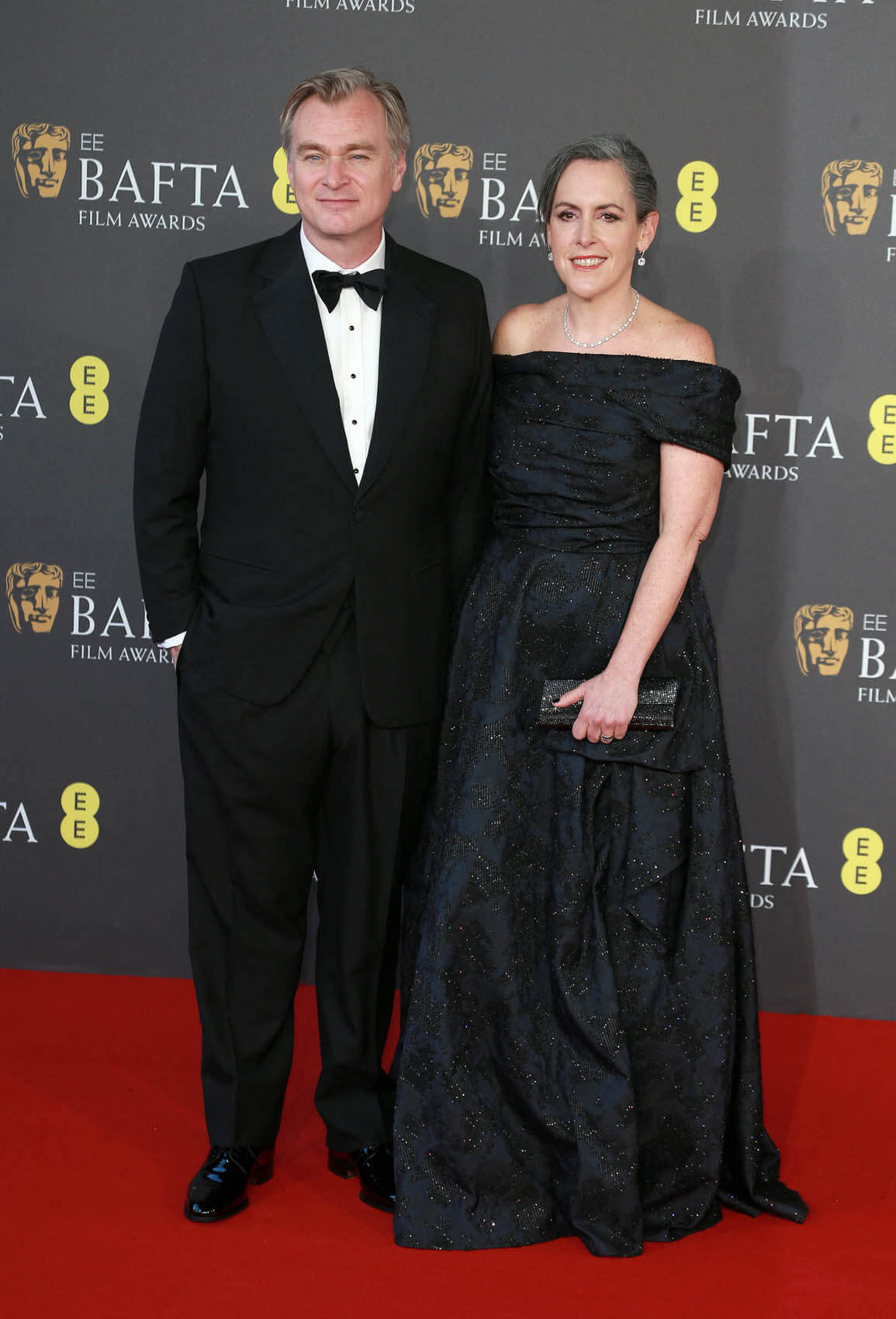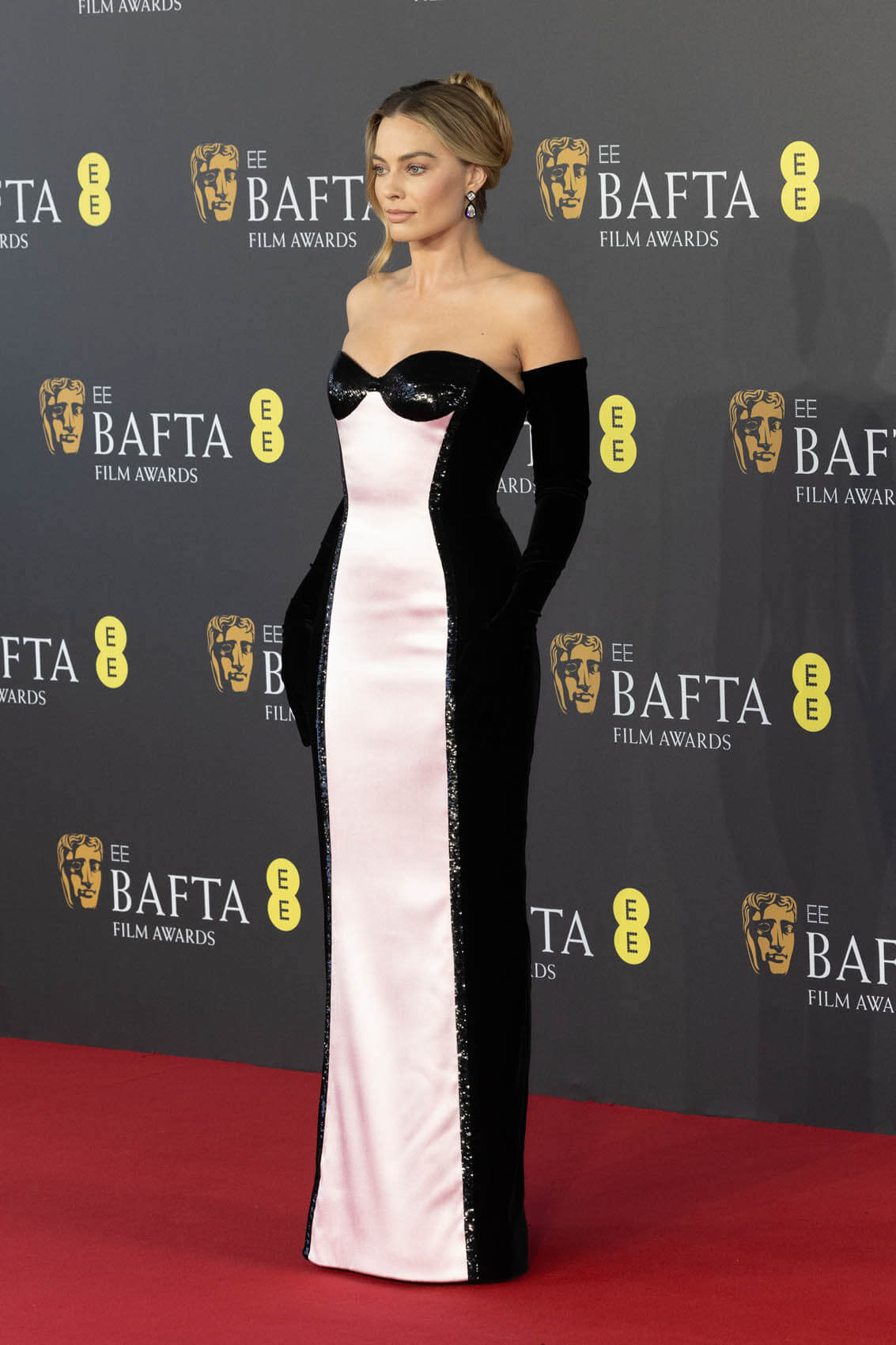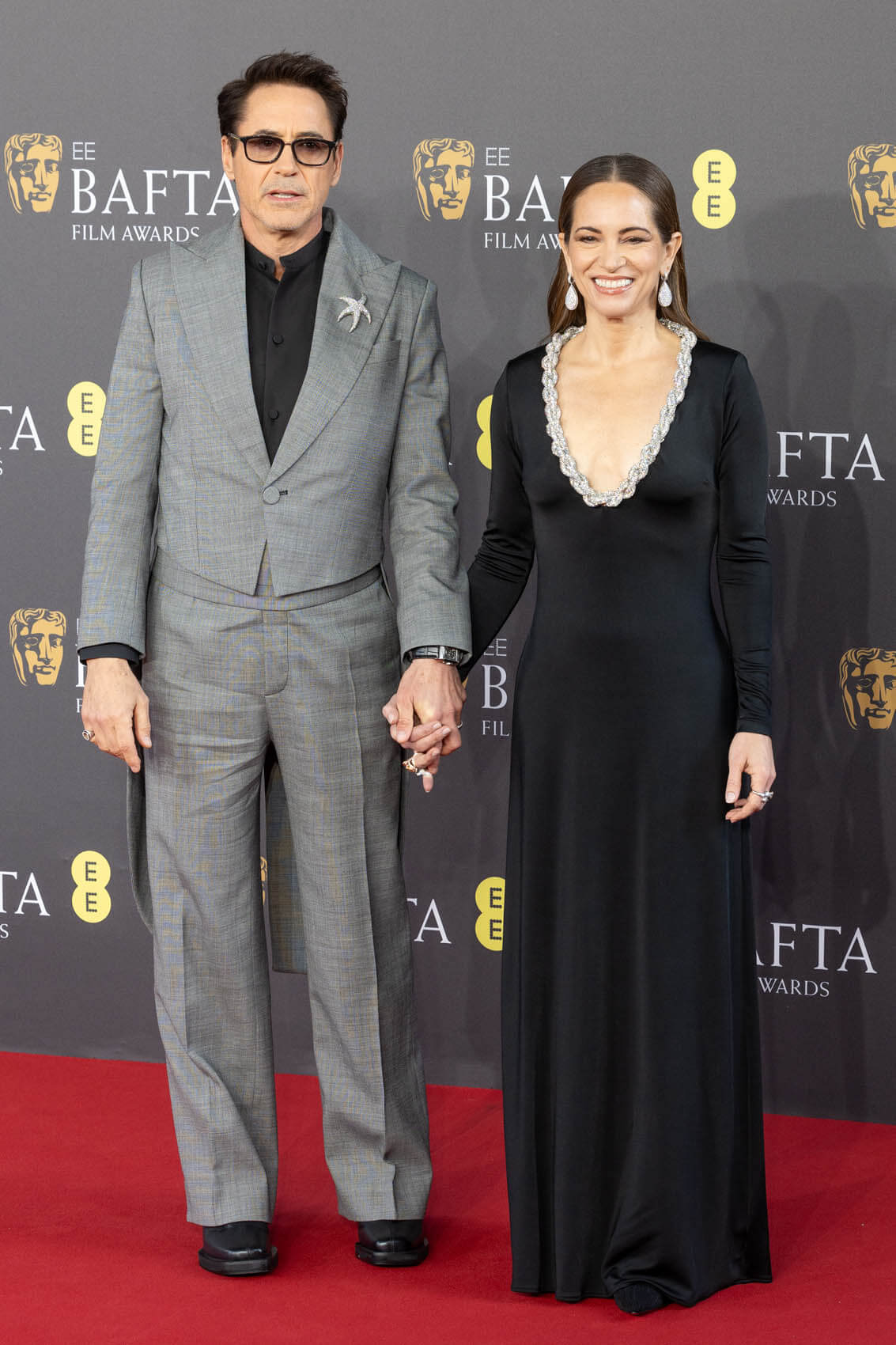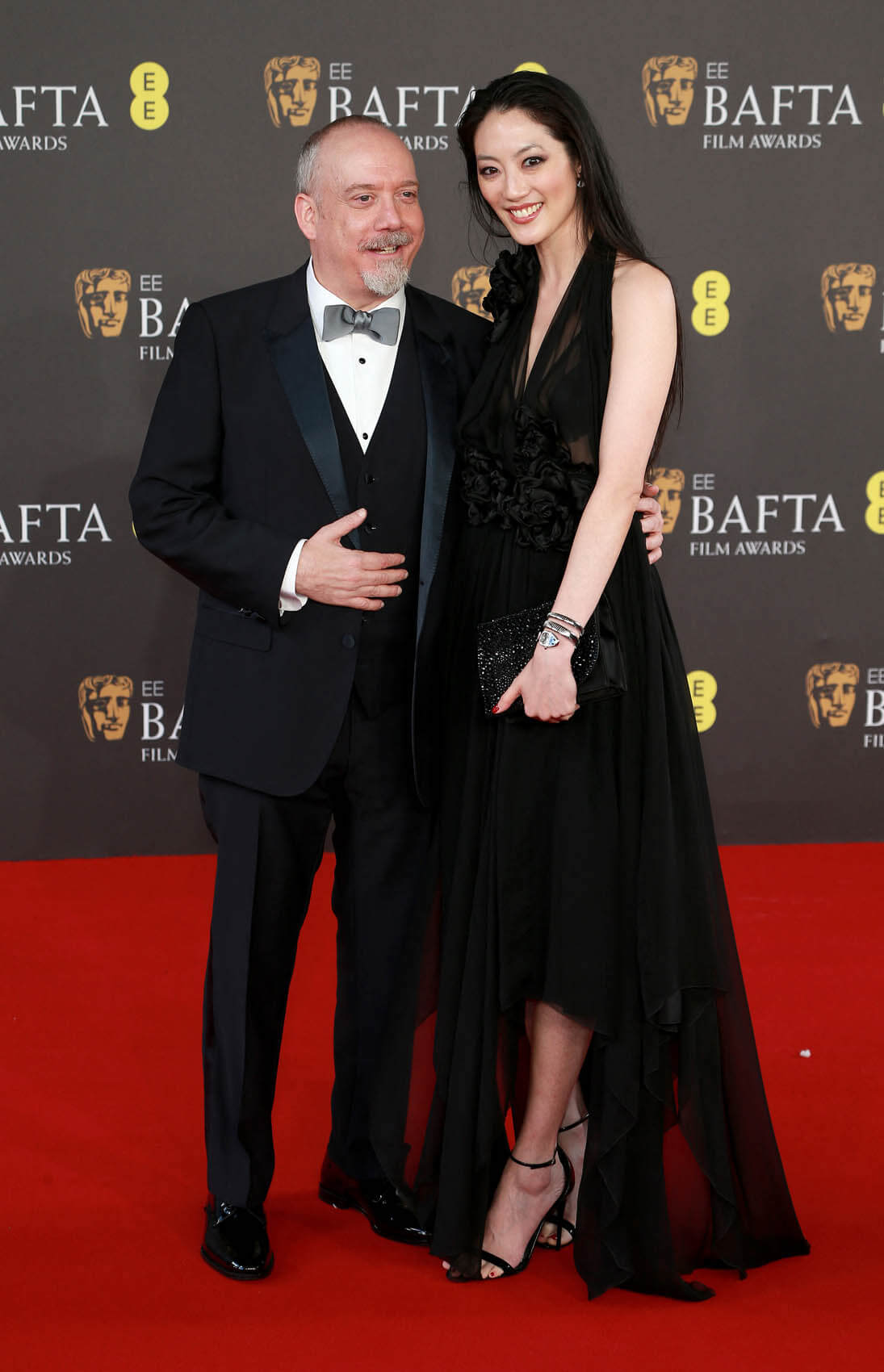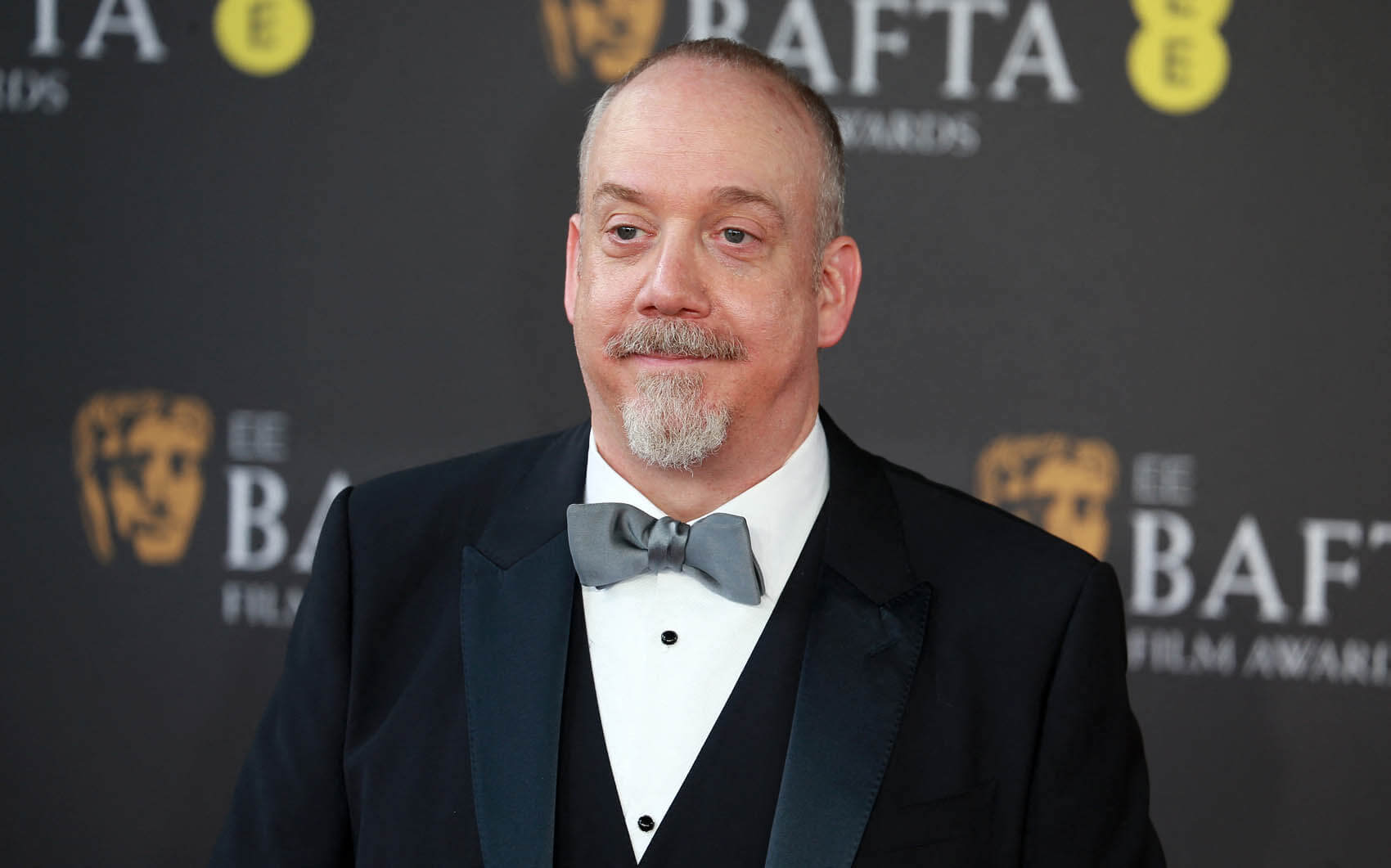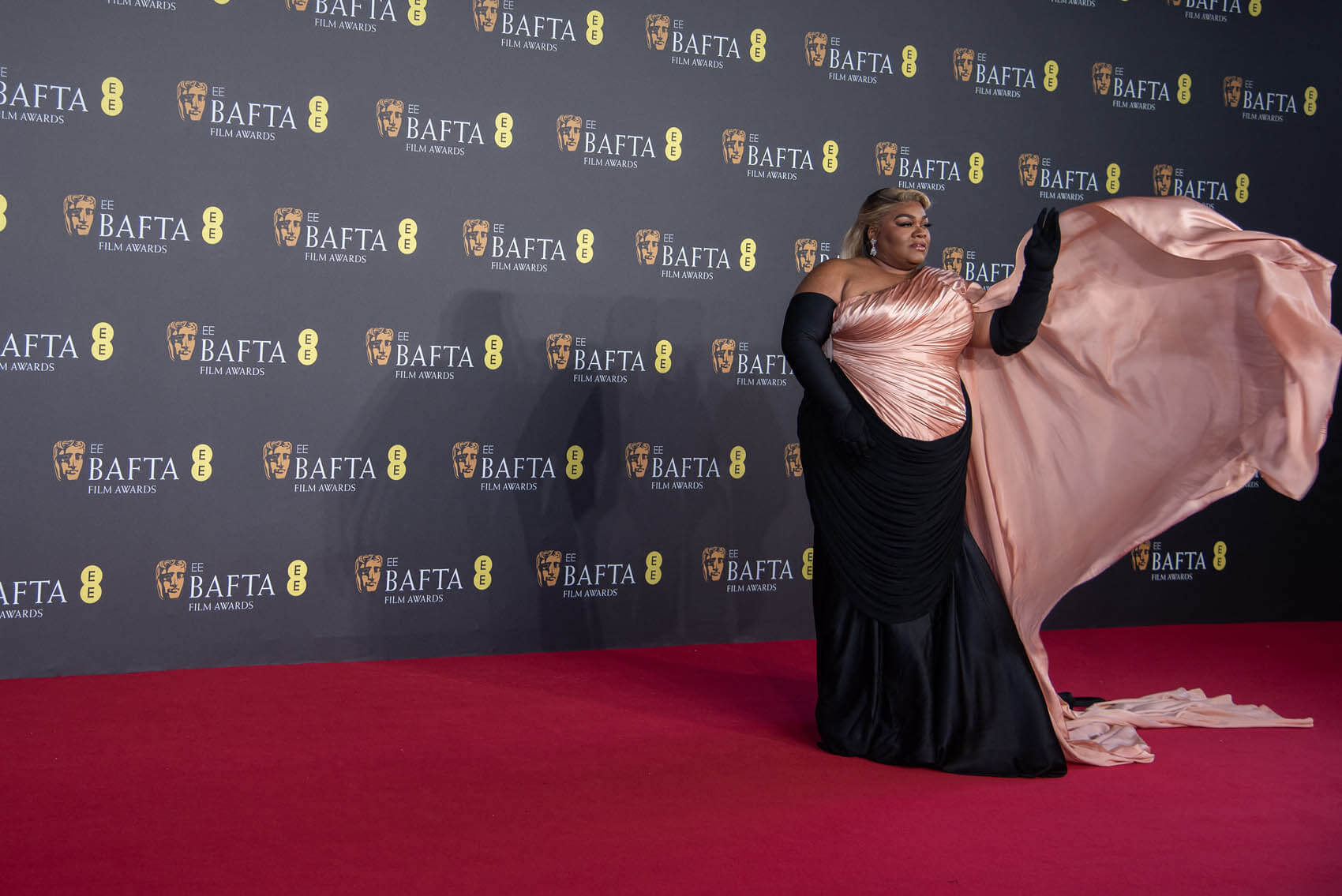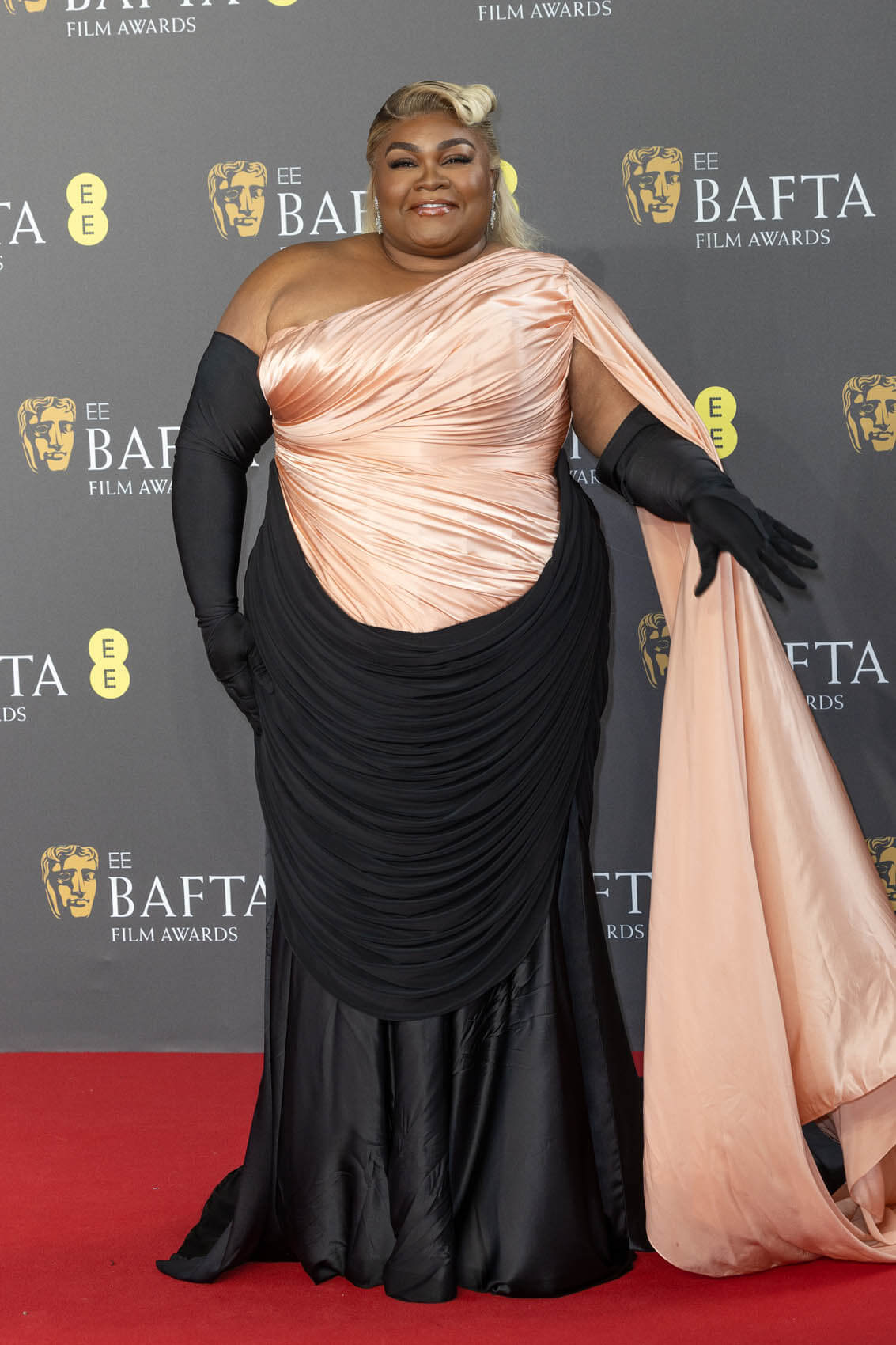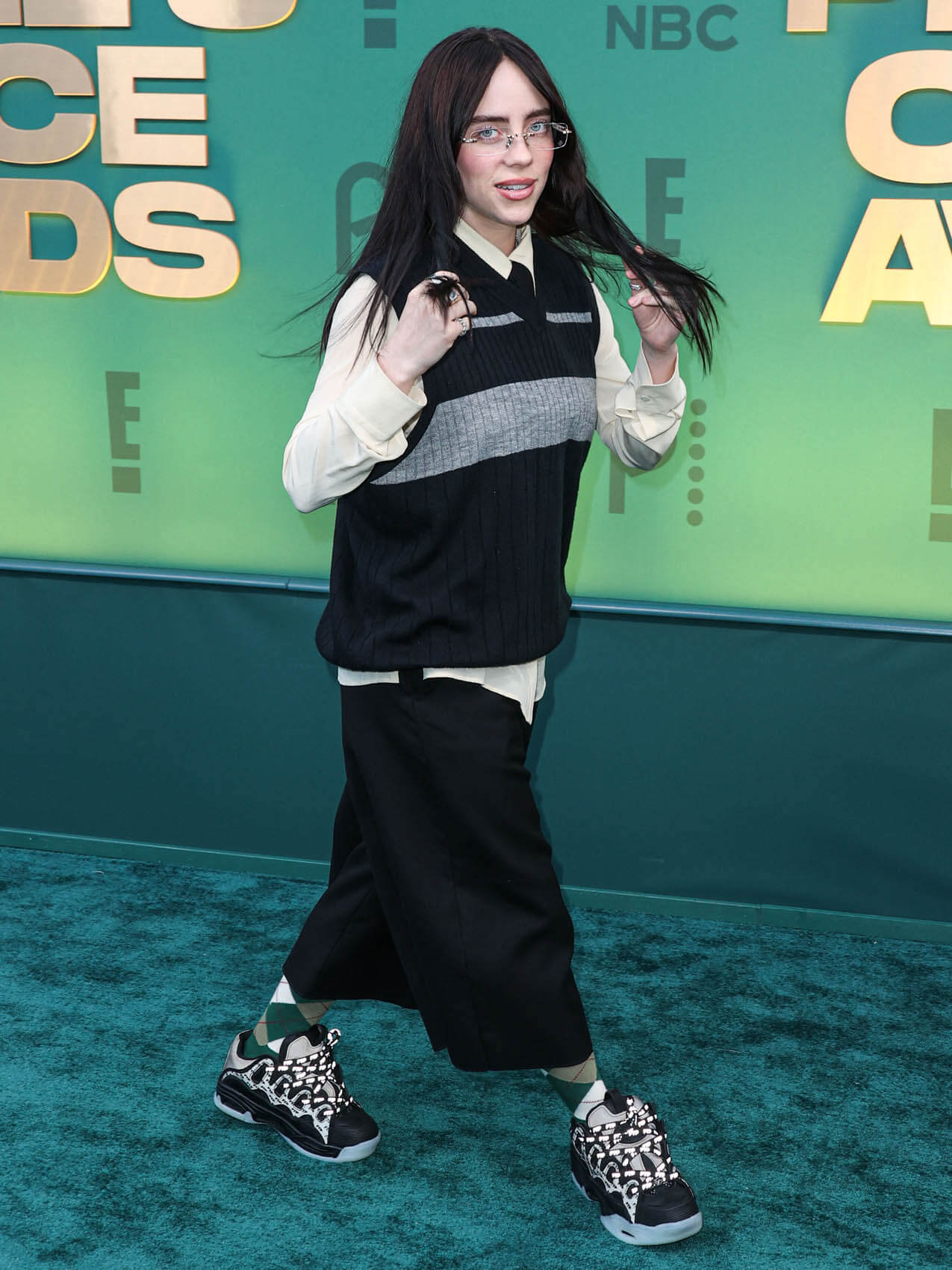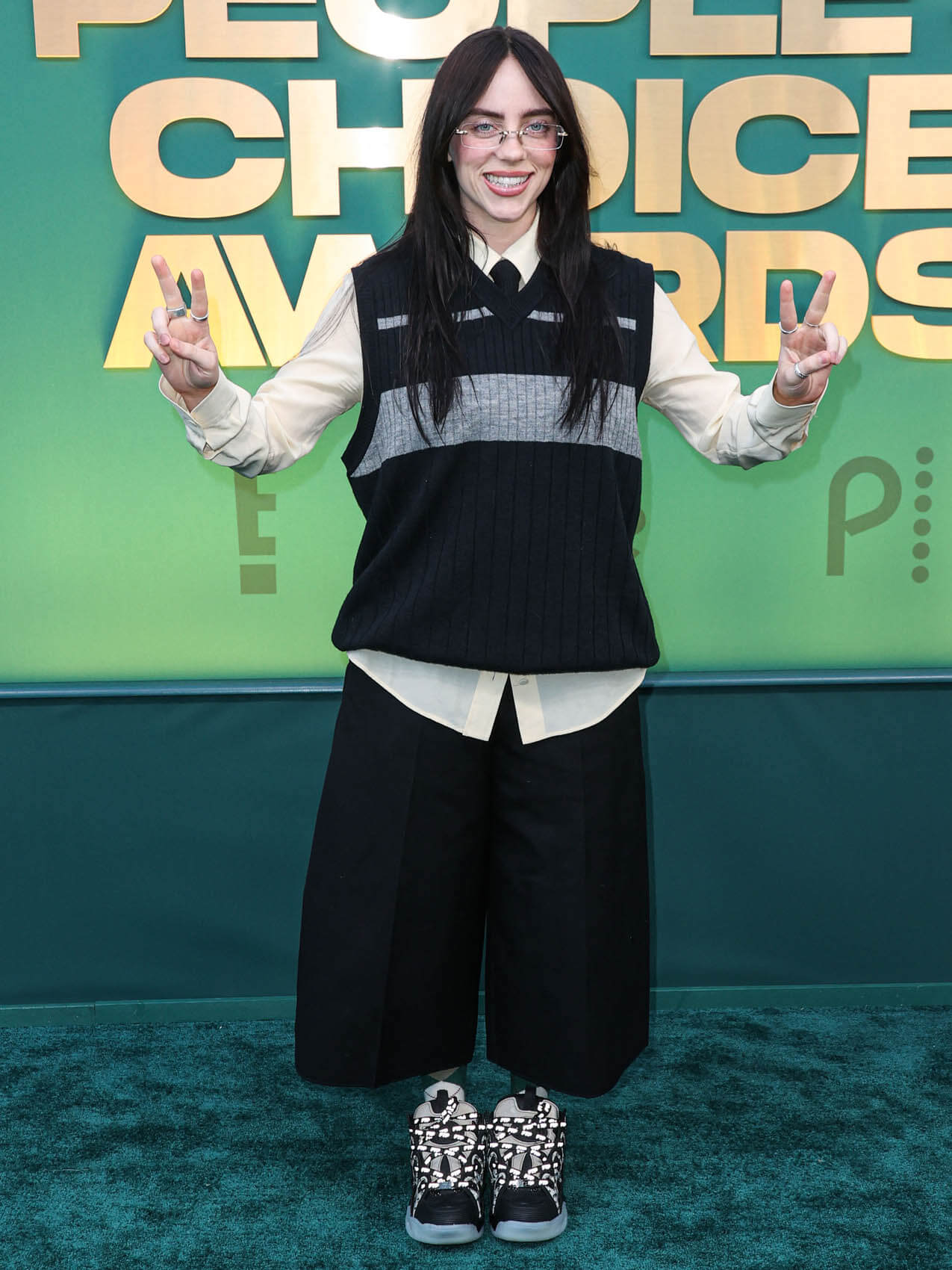It’s about OppenPoor now



The BAFTAs were last night in London, and forget Barbenheimer, it’s all about OppenPoor now. Barbie was, once again, shut out at an awards show, and we should now expect a similar result at the Oscars for Team Barbie, including Margot Robbie, Greta Gerwig, and Ryan Gosling (America Ferrera repped the team at the People’s Choice Awards along with Billie Eilish and Simu Liu, who hosted the show). Best Song is still Team Barbie’s best bet for a win, and though they do remain competitive in the Best Production and Costume Design categories, consider Poor Things the favorite. In all, Poor Things took home 5 BAFTAs, and Oppenheimer won 7, including 2 for Chris Nolan (Best Director and Best Film), Best Supporting Actor for RDJ—virtually a lock for the Oscar—and Best Leading Actor for Cillian Murphy.
Cillian Murphy and Paul Giamatti are now in a dead heat for Best Actor, much like Emma Stone and Lily Gladstone for Best Actress. They both won at the Golden Globes, splitting the drama/comedy categories, and Cillian now has the BAFTA, just as Emma does. The SAG Awards this upcoming weekend will determine final momentum, as they occur right in the middle of the final voting period for the Academy.
Joining RDJ on the lock list, though, is Da’Vine Joy Randolph, who won Best Supporting Actress, and The Holdovers also won Best Casting for Susan Shopmaker. Even amongst all the notable, massive ensembles of 2023, Shopmaker deserves the award just for discovering Dominic Sessa, who somehow is simultaneously 21 in 2024, and looks as if he was a teenager in the 1970s.
Two surprises leap out about the BAFTAs, though. The first is Cord Jefferson winning Best Adapted Screenplay for American Fiction. It’s not totally unexpected, but he did interrupt Chris Nolan’s potential sweep of his three key nominations for writing, producing, and directing Oppenheimer. The Oscars’ adapted screenplay nominations are very similar to the BAFTA’s, except the US Academy swapped All of Us Strangers for Barbie because of their demented rule about “existing characters”. (How is Barbie an existing character but Leonard Bernstein isn’t? I bet the governors will take a look at this rule soon.)
Anyway, Cord Jefferson is now in an upset position for the Oscars, and frankly, I’d give it to him over Nolan. American Fiction is based on Percival Everett’s novel, Erasure, which was long considered unadaptable. Jefferson made cinematic sense of it, meanwhile, Nolan had to split J. Robert Oppenheimer’s life story into three competing timelines just to make his movie more complicated than it needs to be. I love and accept his love of nonsense timelines, but let’s be real—it’s lipstick on a pig, narratively. There’s no reason to do it except you like how it looks.
The second surprise is that Jonathan Glazer’s The Zone of Interest picked up Outstanding British Film AND Best Film Not in the English Language. Nailing BOTH of those awards at the BAFTAs means we need to take a second look at its Best Picture odds for the Oscars, because there is so much membership shared between the two Academies, and obviously, the Brits love this movie (it’s very good, just totally sickening and I am emotionally scarred from it, much like Schindler’s List).
Does The Zone of Interest have a reasonable chance of upsetting Oppenheimer at the Oscars? Probably not, but now I am tracking it in a way I wasn’t before. The Academy uses a preferential ballot system for Best Picture only, specifically designed to keep “polarizing” films from winning the big prize among the expanded field of ten (consider what this means for past winners like Green Book, lol). They’ve been doing it this way since 2009, in part in response to The Dark Knight’s exclusion from the nominations that year. Maybe someday we should talk about the huge impact that one movie has had on the contemporary Oscars!
The preferential ballots are tallied first by rank—imagine piles of ballots for each film, according to which film is listed in the first spot. If a film gets more than 50% of the vote in the “first round”, great, the Best Picture has been found. But in the expanded field, that basically doesn’t happen, and there are over 9,700 people voting this year, good luck getting 4,800+ people to agree on anything.
If no one film gets more than 50% of the vote, the smallest “pile” of votes is redistributed according to the #2 choice on the ballot. So let’s say Maestro has the fewest number-one votes, those ballots are then redistributed by whichever film was #2 on an individual ballot’s list, and so on, until one film gets more than 50% of the membership’s vote across the board. There is some mathematical equation by which being the most-ranked #2 film is actually the key to winning Best Picture. Like if enough people put something other than Oppenheimer as #1, and The Zone of Interest as #2, we might have an upset.
The rebuttal to this is, of course, lock-step voting, in which people nominate the same film for Best Picture, Director, Editing, and, to a lesser extent, Screenplay, which is why we watch these bellwether categories on Oscar night. Early in the night, if Cord Jefferson upsets Nolan for Best Adapted Screenplay, pay attention to the later categories of editing and directing. If Oppenheimer wins both of those, it’s almost certainly going to win Best Picture.
But if there’s an upset in Best Editing, it means there isn’t a consensus about Oppenheimer being the best film of the year. Nolan is almost certainly going to win Best Director—people who make movies can sometimes split hairs between the technical achievement of directing and what they feel is the best overall film. But if anyone else wins Best Editing other than Oppenheimer editor Jennifer Lame? Game on.
Check out the full list of BAFTA winners here.

